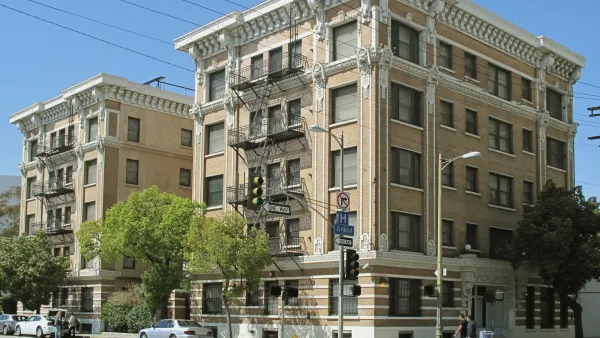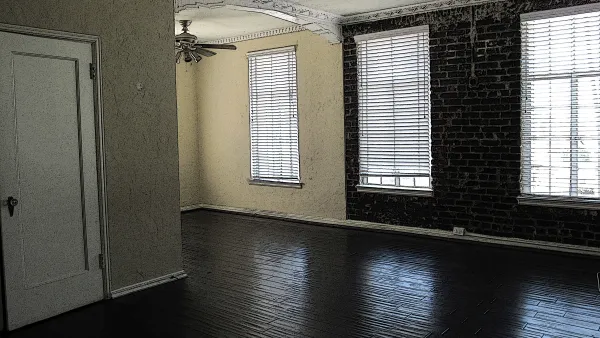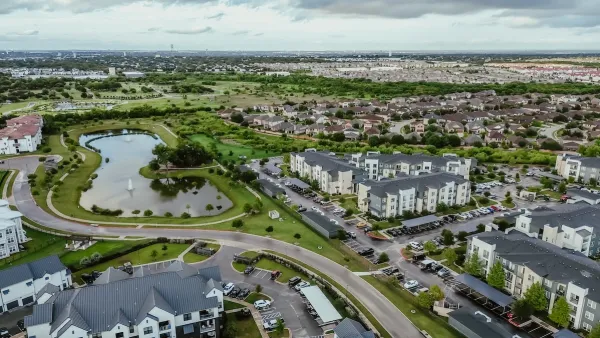All of the nation's largest metro areas are experiencing sharp growth in costs and demand for rental housing, posing even more challenges for low-income renters.

Rent prices, along with demand, are continuing to rise sharply in cities across the U.S. While markets like Phoenix and Boise have seen some of the sharpest spikes, writes Patrick Sisson, "[i]t’s a nationwide phenomenon that’s having a significant impact on housing markets, affordability and access."
All 100 of the nation's largest metro areas have experienced "month-over-month rent growth over the last five months, according to Apartment List economist Christopher Salviati," while Zillow data shows a national increase of 11.5% since last August. Unlike the residential housing market, which spiked early in the pandemic, says data journalist Jeff Andrews, "[t]he rental market is more of a slow matriculation. It takes a while for that backlog of renters to build up who should have cycled out of the market."
This growth coincides with the end of many eviction moratoriums and the end of expanded unemployment benefits. "Landlords are raising rents, and those getting back into the housing market have been shocked by the sharp increases from just a year ago." Meanwhile, "instability is rampant" and "[e]very open unit is flooded with multiple applications." Recipients of rental assistance vouchers are falling even further behind as higher-income renters enter the market and drive up demand.
"Today’s renters are impacted by the echo of the temporary but significant slowdown in new construction after the Great Recession. Those units, unbuilt due to a pause in construction, would have provided more slightly older and affordable options." Although multifamily construction is happening at a rapid pace, much of it caters to high-income renters.
"Salviati says that Apartment List data shows the vacancy rate slightly rising and growth rate slowing, so prices may stop accelerating at such a rapid clip, but there’s no indication prices will reverse, suggesting the affordability issues this rapid rent increase causes will be an ongoing concern."
FULL STORY: What’s Driving the Huge U.S. Rent Spike?

Analysis: Cybertruck Fatality Rate Far Exceeds That of Ford Pinto
The Tesla Cybertruck was recalled seven times last year.

National Parks Layoffs Will Cause Communities to Lose Billions
Thousands of essential park workers were laid off this week, just before the busy spring break season.

Retro-silient?: America’s First “Eco-burb,” The Woodlands Turns 50
A master-planned community north of Houston offers lessons on green infrastructure and resilient design, but falls short of its founder’s lofty affordability and walkability goals.

Test News Post 1
This is a summary

Analysis: Cybertruck Fatality Rate Far Exceeds That of Ford Pinto
The Tesla Cybertruck was recalled seven times last year.

Test News Headline 46
Test for the image on the front page.
Urban Design for Planners 1: Software Tools
This six-course series explores essential urban design concepts using open source software and equips planners with the tools they need to participate fully in the urban design process.
Planning for Universal Design
Learn the tools for implementing Universal Design in planning regulations.
EMC Planning Group, Inc.
Planetizen
Planetizen
Mpact (formerly Rail~Volution)
Great Falls Development Authority, Inc.
HUDs Office of Policy Development and Research
NYU Wagner Graduate School of Public Service




























